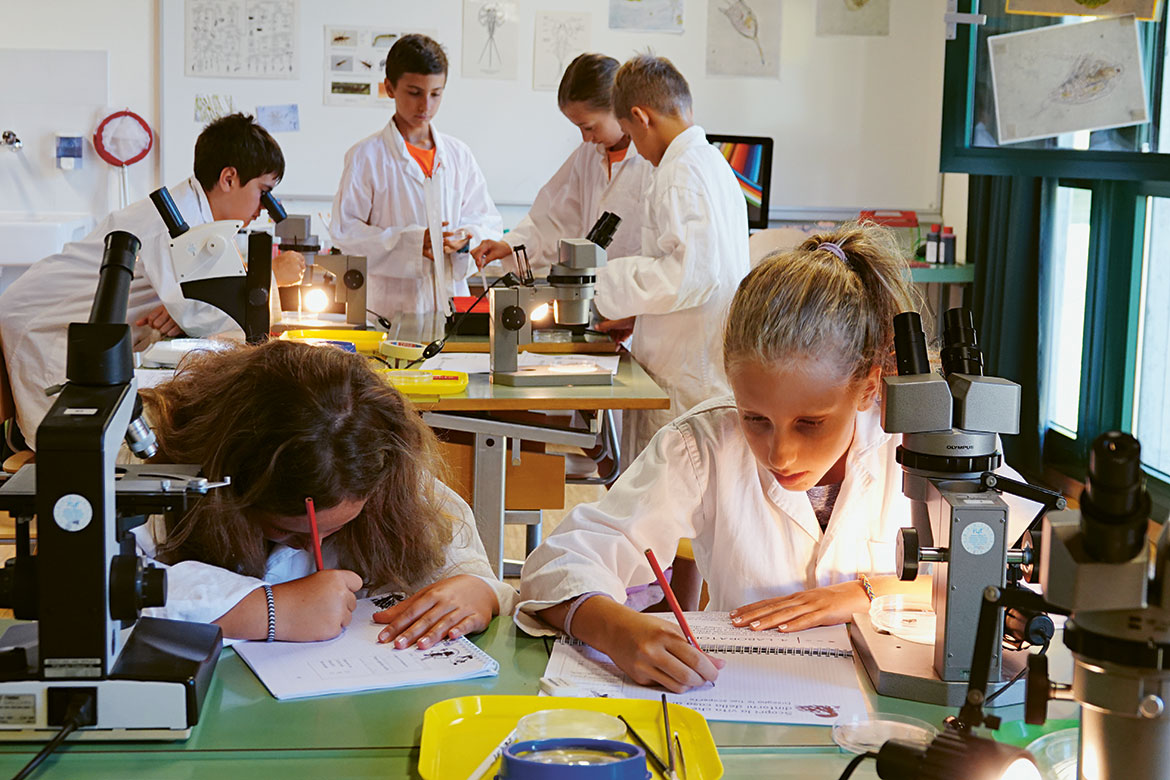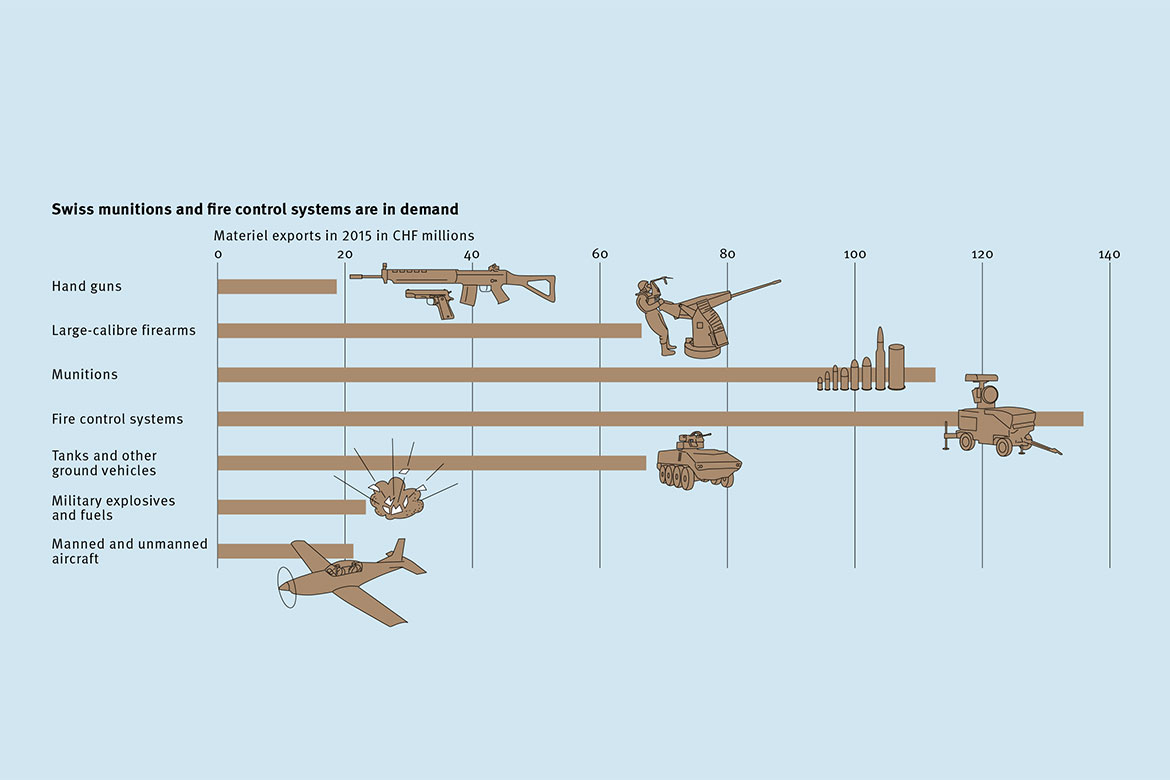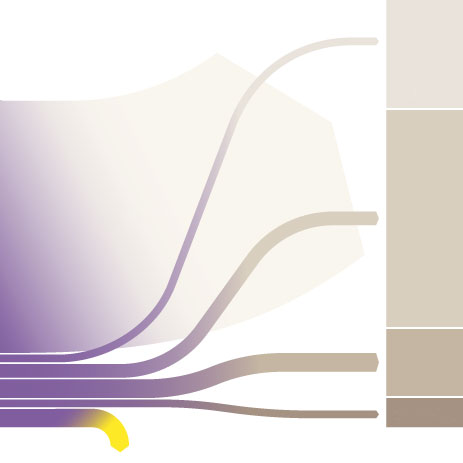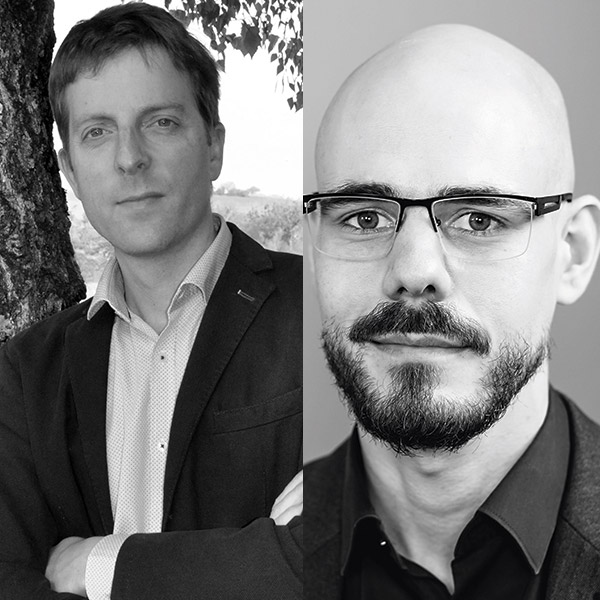“Our think tank should be unavoidable”
Young scientists should participate in direct democracy. To this end, Servan Grüninger founded the think tank ‘Reatch’, which has meanwhile become indispensable in the debate about science policy.
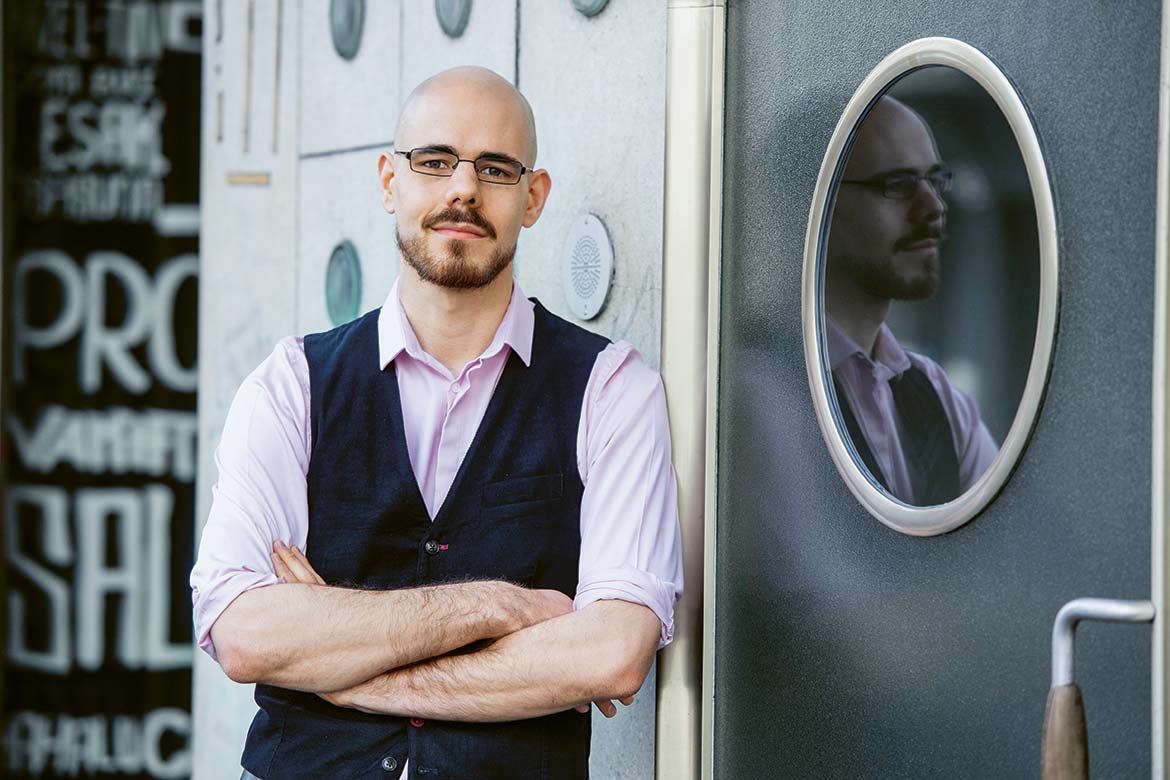
Servan Grüninger, chairman of Reatch, is turning his think tank more and more into a young academy of sciences. | Image: Valérie Chételat
The full title of your organisation sounds very technical: Research and Technology in Switzerland. So what exactly is ‘Reatch’?
We’re a think tank for scientists and society. We provide young researchers with the tools to help shape society and public opinion, and we share innovative ideas from science and technology with politicians. Our roots are highly analog. We started with face-to-face events four years ago, but now we also share our content digitally and offer it online.
How did Reatch come about?
The idea that scientists should participate in direct democracy and communicate proactively is something that concerned me when I first started my university studies. After the mass immigration initiative of 2014, I was disturbed by the behaviour of many academics who spoke of the voters as if they were stupid. Having discussed the idea with my colleagues, I set up our association a little later with ten other people.
How do you explain its considerable renown after just four years?
Reatch is a team effort. The most important factors are being really committed and taking delight in experimenting, but maintaining a focus on solid content. Lots of people have set up their own projects and organised information events and discussions in the university towns of Zurich, Basel and Bern. A regional group is now being set up in Lausanne. But the topics we deal with are also a factor: the digital world, health, resources, modern cultures and responsible science. We aim to be unavoidable.
What have been the successes of your think tank?
Our format means we contribute to dialogue and can stimulate people’s enthusiasm. We can fill halls with our events. We also realise that decision-makers are interested in our content. But we’ve not yet been successful with longer-term financing. We live from donations, voluntary contributions and from charitable foundations, and we’re currently broadening our financial base.
In other countries, the area you cover is occupied by young academies. What’s different about you?
Perhaps not so much. We were inspired by the Swiss think tank Foraus, but are moving more and more towards the model of the Young Academy in Germany. However, we’ll always stay closer to socio-political issues. We also very much respect the work of the traditional academies in Switzerland.
How does Reatch aim to keep the respect of both scientists and politicians?
We’ve shown that you can achieve both. In the world of science, we base what we do on solid research and facts. We want to remain self-critical. We want to be open about any mistakes, and correct them straightaway. On the other hand, we’d like to show that science isn’t a miracle worker that can resolve political differences. Dealing with climate change isn’t something that science can do alone. We need to debate it in society.
This Rutishauser is a freelance journalist in Münsingen.

